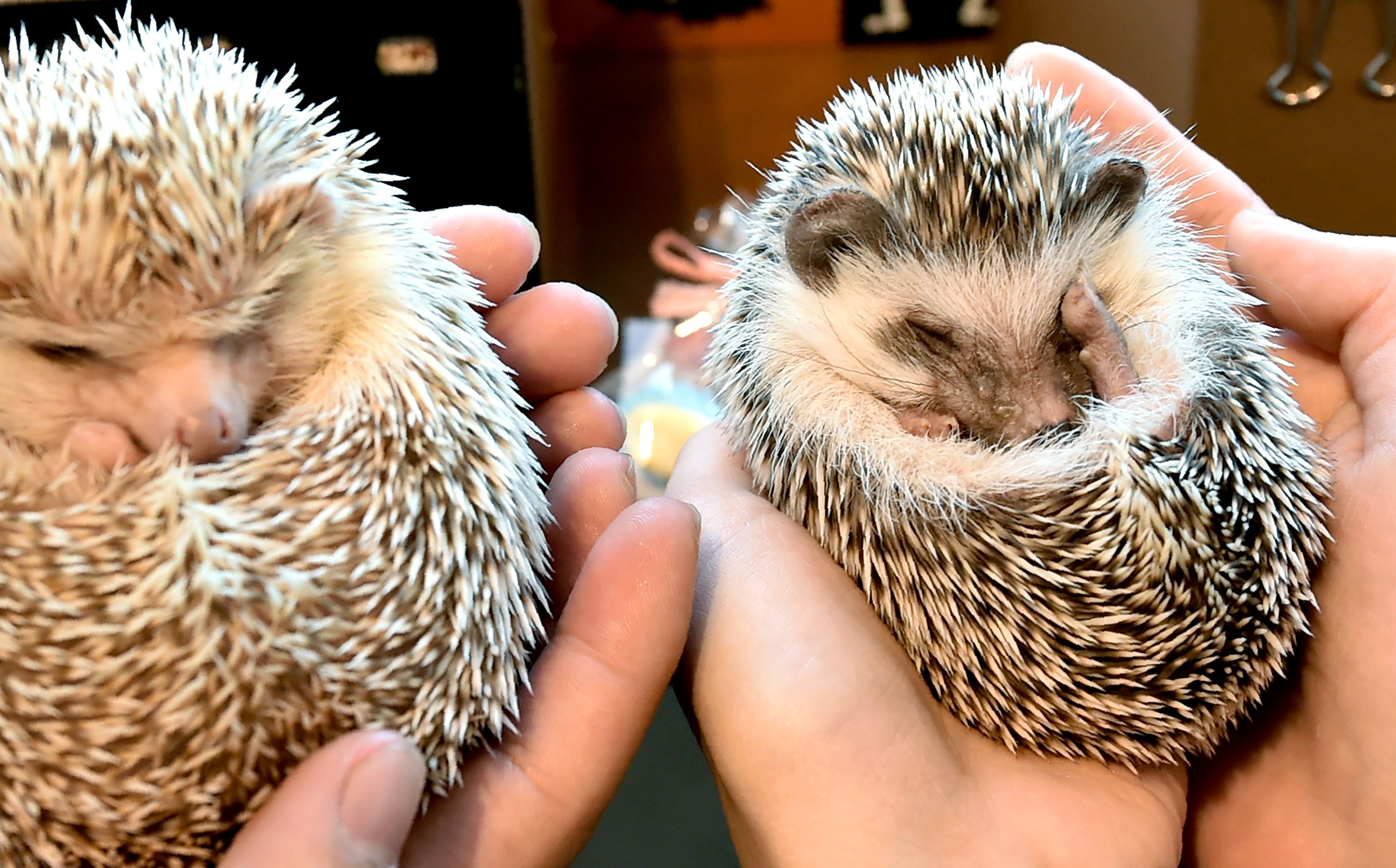MRSA superbug first arose in hedgehogs before discovery of antibiotics, study suggests
Scientists have found evidence that MRSA could have arisen in nature long before the use of the drugs

Your support helps us to tell the story
From reproductive rights to climate change to Big Tech, The Independent is on the ground when the story is developing. Whether it's investigating the financials of Elon Musk's pro-Trump PAC or producing our latest documentary, 'The A Word', which shines a light on the American women fighting for reproductive rights, we know how important it is to parse out the facts from the messaging.
At such a critical moment in US history, we need reporters on the ground. Your donation allows us to keep sending journalists to speak to both sides of the story.
The Independent is trusted by Americans across the entire political spectrum. And unlike many other quality news outlets, we choose not to lock Americans out of our reporting and analysis with paywalls. We believe quality journalism should be available to everyone, paid for by those who can afford it.
Your support makes all the difference.Hedgehogs have been harbouring a type of the MRSA superbug since long before the use of antibiotics in humans and livestock, new research suggests.
Scientists have found evidence of the superbug arising in nature long before the use of the drugs, which have traditionally been blamed for its emergence.
The spiky creatures carry a fungus and a bacteria on their skin, both of which are locked in a battle for survival.
Antibiotics are secreted by the fungus to kill the bacteria but, in response, the bacteria has evolved antibiotic resistance - becoming Methicillin-resistant Staphylococcus aureus, or MRSA.
Up to 60 per cent of hedgehogs carry a type of MRSA called mecC-MRSA, which causes one in 200 of all MRSA infections in humans, according to the study.
The researchers suggest natural biological processes, not antibiotic use, drove the initial emergence of this superbug among hedgehogs about 200 years ago.
The study was an international collaboration including the University of Cambridge, the Wellcome Sanger Institute, Denmark’s Serum Statens Institut and the Royal Botanic Gardens, Kew, which has traced the genetic history of the bacteria.
They were investigating the surprising discovery, from hedgehog surveys in Denmark and Sweden, and also found high levels of MRSA in swabs taken from hedgehogs across their range in Europe and New Zealand.
Dr Ewan Harrison, a researcher at the Wellcome Sanger Institute and University of Cambridge and a senior author of the study, said: “Using sequencing technology we have traced the genes that give mecC-MRSA its antibiotic resistance all the way back to their first appearance, and found they were around in the 19th century.”
He added: “Our study suggests that it wasn’t the use of penicillin that drove the initial emergence of MRSA, it was a natural biological process.
“We think MRSA evolved in a battle for survival on the skin of hedgehogs, and subsequently spread to livestock and humans through direct contact.”
Given that almost all the antibiotics used today arose in nature, the researchers say it is likely resistance to them already exists in nature too.
Overuse of any antibiotic in humans or livestock will favour resistant strains of the bug, so it is only a matter of time before the antibiotic starts to lose its effectiveness.
Professor Mark Holmes, a researcher in the University of Cambridge’s department of veterinary medicine and a senior author of the report, said: “This study is a stark warning that when we use antibiotics, we have to use them with care.
“There’s a very big wildlife reservoir where antibiotic-resistant bacteria can survive and, from there, it’s a short step for them to be picked up by livestock and, then, to infect humans.”
Previous work led by Prof Holmes first identified mecC-MRSA in human and dairy cow populations.
At that time, it was assumed the strain had arisen in the cows because of the large amount of antibiotics they are routinely given.
However, the researchers say the new findings are not a reason to fear hedgehogs, as humans rarely get infections with mecC-MRSA, even though it has been present in hedgehogs for more than 200 years.
Prof Holmes said: “Wild animals, livestock and humans are all interconnected - we all share one ecosystem.
“It isn’t possible to understand the evolution of antibiotic resistance unless you look at the whole system.”
This research, published in Nature, was funded by the Medical Research Council.
PA
Join our commenting forum
Join thought-provoking conversations, follow other Independent readers and see their replies
Comments